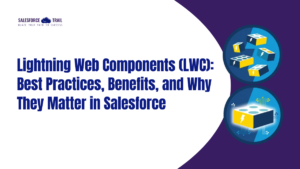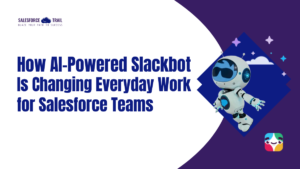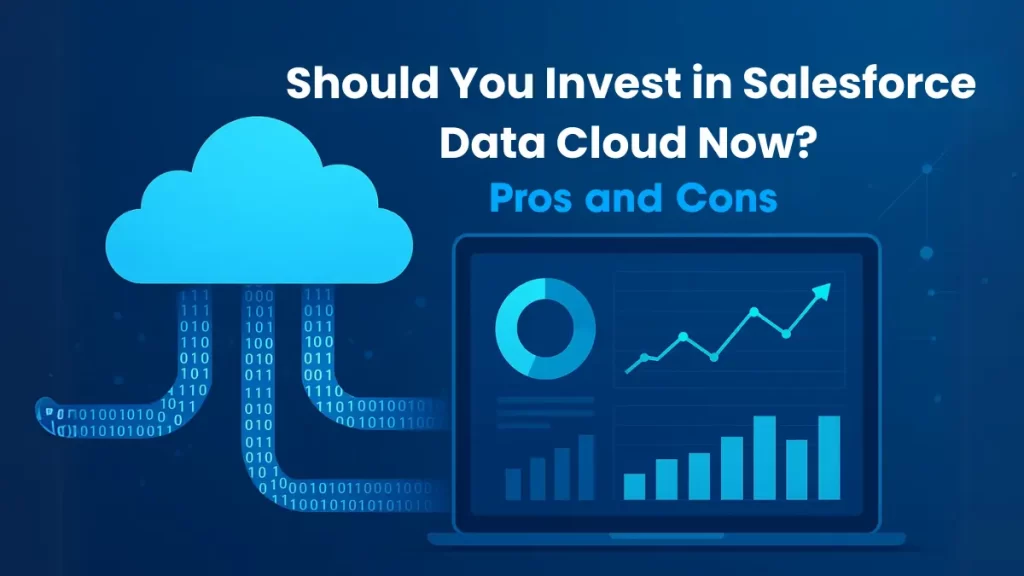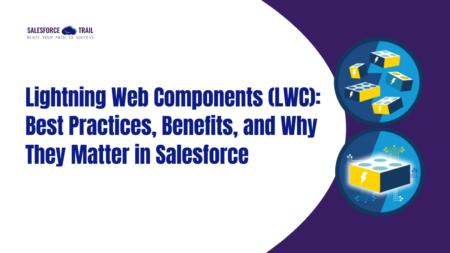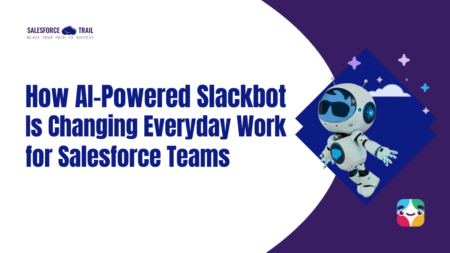In today’s data-driven world, businesses constantly search for smarter ways to unify, analyze, and act on customer data. That’s where Salesforce Data Cloud steps in — a powerful real-time platform designed to connect every piece of customer data and turn it into actionable insights. But before jumping in, is it the right investment for your organization now? Let’s break it down.
As a Salesforce author with deep insights into Salesforce ecosystem trends, from salaries to certifications to platform shifts, I’ve watched how the Data Cloud is transforming the future of CRM and data strategies. In this article, I’ll walk you through the pros and cons of investing in Salesforce Data Cloud today.
What Is Salesforce Data Cloud?
Salesforce Data Cloud, previously known as Customer Data Platform (CDP), allows companies to collect, harmonize, and activate massive volumes of data from various sources — all in real time. This includes data from CRM, marketing platforms, service systems, and even offline channels. The goal? A single, unified customer profile that empowers every department to personalize engagement. Data Cloud turns raw data into real-time gold for marketers, sales teams, analysts, and service agents.
Pros of Investing in Salesforce Data Cloud
Unified Customer View in Real Time
One of the biggest strengths of Salesforce Data Cloud is its ability to consolidate customer data from multiple systems into a single source of truth. Whether your data lives in Sales Cloud, Service Cloud, Marketing Cloud, or third-party platforms, it can be integrated seamlessly.
This unified profile allows teams to deliver hyper-personalized experiences and faster decision-making across the customer journey.
AI and Automation Ready
With Data Cloud feeding into Salesforce’s Einstein AI, businesses can automate personalization, trigger workflows, and run smarter predictions. Imagine being able to segment audiences not just by behavior, but by predictive intent — all within your existing Salesforce environment.
Real-Time Activation Across Platforms
Data Cloud doesn’t just organize your data, it acts on it. You can enable customer insights instantly on various platforms like email, web, mobile, and paid ads. It helps reduce lag in campaigns and enables real-time engagement.
Increased ROI on Salesforce Investment
For organizations already using Salesforce, adding Data Cloud deepens platform utility. It’s not about buying a new system — it’s about enhancing what you already have. It can make your Marketing Cloud smarter, your Sales Cloud more efficient, and your service teams more informed.
Compliance and Governance
Salesforce Data Cloud includes robust governance features, ensuring that data privacy and regulatory compliance (like GDPR and CCPA) are handled. You can manage consent, control access, and ensure data usage is transparent and secure.
Cons of Investing in Salesforce Data Cloud
Cost Considerations
Salesforce Data Cloud can be a significant investment, especially for mid-sized businesses. It involves licensing fees, data storage costs, and potential implementation services. Data-mature organizations see a strong ROI, but businesses still developing their data systems may find it overwhelming.
Steep Learning Curve
While Salesforce is working to make Data Cloud user-friendly, there’s still a learning curve. Teams may need training in data modeling, real-time ingestion pipelines, and integration practices. Without proper enablement, adoption could lag.
Requires Strong Data Hygiene
The effectiveness of Data Cloud depends heavily on data quality. If your organization suffers from duplicate, inconsistent, or siloed data, clean it up before seeing full value from the platform.
Integration Complexity
Though Salesforce Data Cloud is built to unify data, integrating third-party systems can take time and effort. Coordinate with your data engineering or IT teams for API connections, real-time syncing, and system compatibility.
Who Should Consider Investing Now?
Salesforce Data Cloud is an ideal investment for organizations that manage large volumes of customer data spread across multiple systems and are looking to centralize that information for real-time insights. It’s especially beneficial for businesses that rely heavily on marketing automation, data-driven sales strategies, or advanced customer segmentation. Moreover, companies operating in regulated industries or regions where data compliance is critical will find the platform’s built-in governance tools valuable. On the other hand, smaller businesses with limited data or simpler operational needs might find it more practical to focus on foundational CRM tools before upgrading to a full-scale solution like Data Cloud. In short, if your organization is data-rich, growth-focused, and aiming to deliver real-time, personalized experiences, now is a good time to consider investing in Salesforce Data Cloud.
Final Verdict: Is It Worth the Investment?
Salesforce Data Cloud offers undeniable value, especially for businesses aiming to elevate customer experience through real-time, personalized engagement. However, it’s not a one-size-fits-all solution. The cost, complexity, and need for technical resources should be weighed carefully. Think about your business growth, the amount of data you have, and your goals. If your organization is data-driven, customer-centric, and ready to scale, investing in Salesforce Data Cloud now could be a game-changer.
Must-Visit Links:
- How to Crack the Salesforce Interview: Real Questions and Tips from Experts
- How Much You Can Earn as a Salesforce Consultant in 2025?
- Top Most In-Demand Salesforce Skills for 2025: What Professionals Need to Know
- The Importance of Hands-On Experience in Mastering Salesforce Skills
- How I Passed the Salesforce Data Architect Exam on My First Attempt
- How to Prepare for the Certified Agentforce Specialist Certification Exam
Resources
- [Salesforce Developer]- (https://developer.salesforce.com/)
- [Salesforce Success Community] (https://success.salesforce.com/)
For more insights, trends, and news related to Salesforce, stay tuned with Salesforce Trail
Mark Jacobes is a seasoned Salesforce expert, passionate about empowering businesses through innovative CRM solutions. With over 6 years of experience in the Salesforce ecosystem, Mark specializes in Salesforce development, integrations, and digital transformation strategies.
- Mark Jacobeshttps://salesforcetrail.com/author/markjacobes/September 8, 2025
- Mark Jacobeshttps://salesforcetrail.com/author/markjacobes/
- Mark Jacobeshttps://salesforcetrail.com/author/markjacobes/
- Mark Jacobeshttps://salesforcetrail.com/author/markjacobes/
